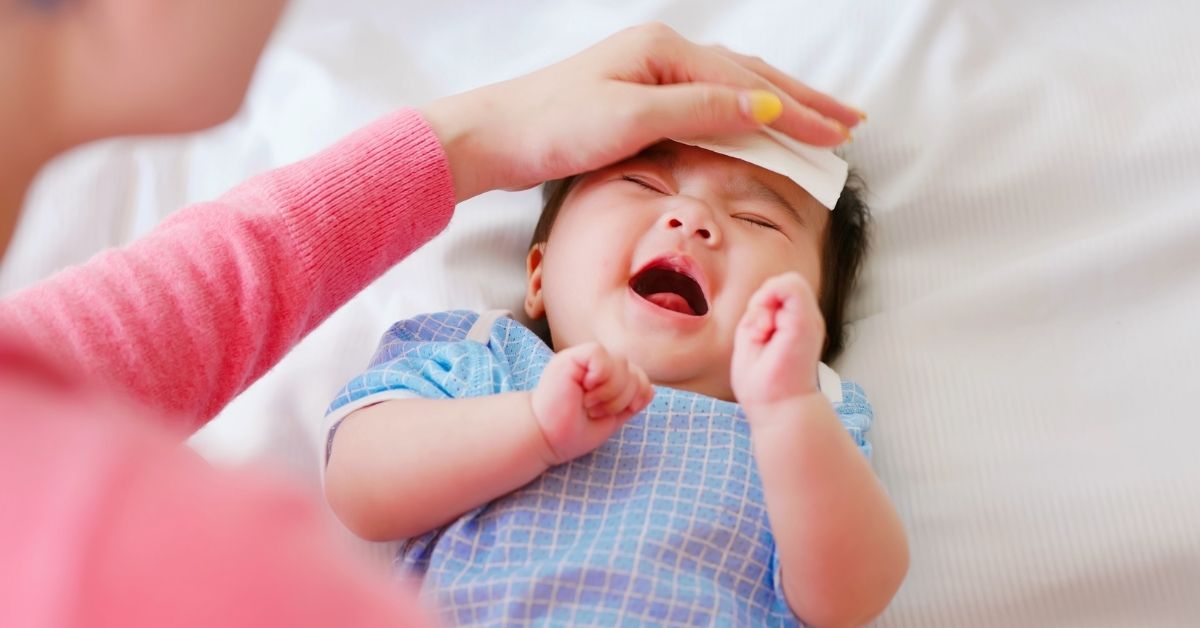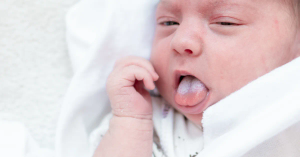Attention-Deficit/Hyperactivity Disorder (ADHD) affects many aspects of a child’s life, including their dental health. Here’s a look at how ADHD influences oral hygiene and what can be done to manage its impact.
ADHD and Oral Hygiene Challenges
- Difficulty with Routines: Children with ADHD often struggle to establish and maintain daily routines. Brushing and flossing require focus and consistency, which can be difficult for them. This increases the risk of cavities and gum disease.
- Lack of Attention to Detail: ADHD can make it challenging for children to focus on brushing thoroughly. Studies have shown that children with ADHD have higher levels of plaque and more cavities compared to their peers without ADHD.
- Impulsive Eating Habits: Children with ADHD are more likely to engage in impulsive eating, often choosing sugary or carbohydrate-rich foods. This diet contributes to a higher incidence of dental caries, especially if oral hygiene practices are inconsistent.
Impact of ADHD Medications on Dental Health
- Dry Mouth (Xerostomia): Many ADHD medications, particularly stimulants like methylphenidate, have the side effect of dry mouth. Saliva is essential for neutralizing acids and protecting against tooth decay, so a reduction in saliva increases the risk of cavities and gum disease.
- Bruxism (Teeth Grinding): ADHD medications can also lead to bruxism, a condition where children grind their teeth, often unconsciously during sleep. Bruxism can cause tooth wear, increased tooth sensitivity, and jaw pain.
Strategies for Better Dental Health
- Establishing a Routine:
- Use visual schedules, timers, or smartphone apps designed for children with ADHD to help them remember to brush and floss
- Break down the routine into smaller, manageable steps. This can make it easier for the child to follow through without feeling overwhelmed.
- Regular Dental Visits:
- Schedule regular dental check-ups—every six months or more frequently if recommended by the dentist. Early detection of dental issues can prevent more serious problems down the road.
- Dentists can provide fluoride treatments and dental sealants, which offer extra protection against cavities.
- Dietary Adjustments:
- Encourage healthier eating habits by limiting sugary snacks and drinks. Promote foods that are good for dental health, like fresh fruits, vegetables, and dairy products.
- Chewing sugar-free gum can help stimulate saliva production, which is particularly beneficial for children experiencing dry mouth due to ADHD medications.
Facts to Consider
- Higher Risk of Dental Issues: Research indicates that children with ADHD are more than twice as likely to suffer from dental caries as their non-ADHD counterparts.
- Impact of ADHD on Dental Visits: Children with ADHD may also exhibit anxiety or difficulty sitting still during dental visits, making regular care challenging but essential.
- Behavioral Strategies: Implementing behavioral strategies like positive reinforcement can help motivate children with ADHD to maintain better oral hygiene habits.
Conclusion
Managing the dental health of children with ADHD requires a multi-faceted approach. By understanding the unique challenges these children face, parents, caregivers, and dental professionals can implement strategies that promote better oral hygiene. Regular dental care, structured routines, and dietary mindfulness are key to helping children with ADHD achieve and maintain healthy smiles. With the right support, the barriers posed by ADHD can be overcome, leading to long-term dental health and well-being.








